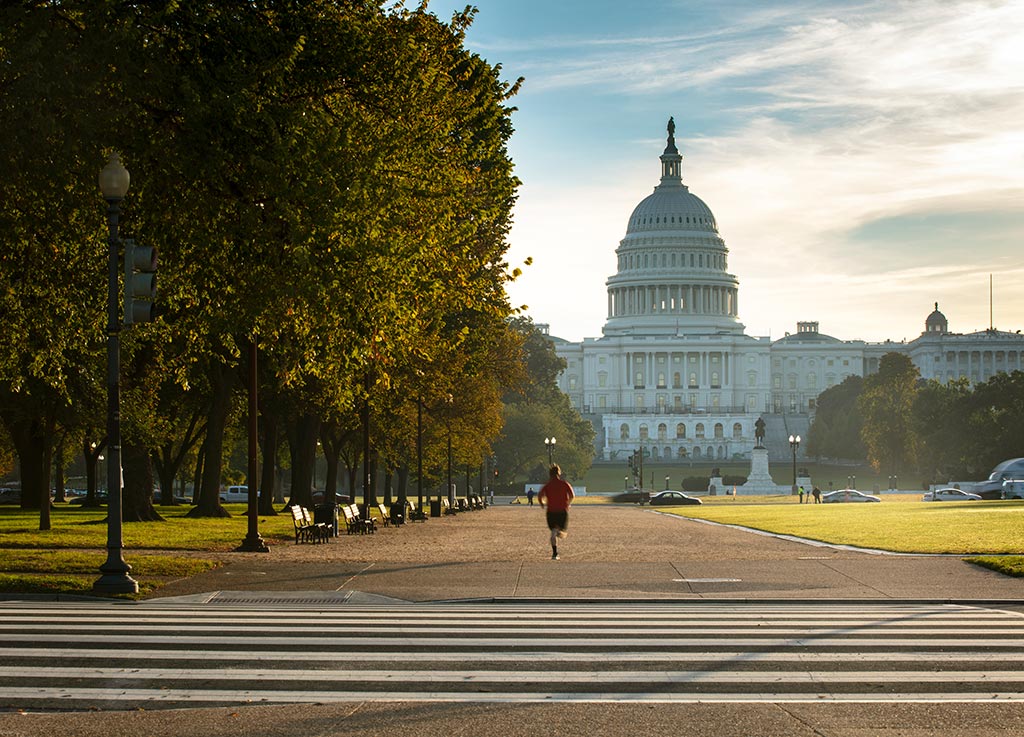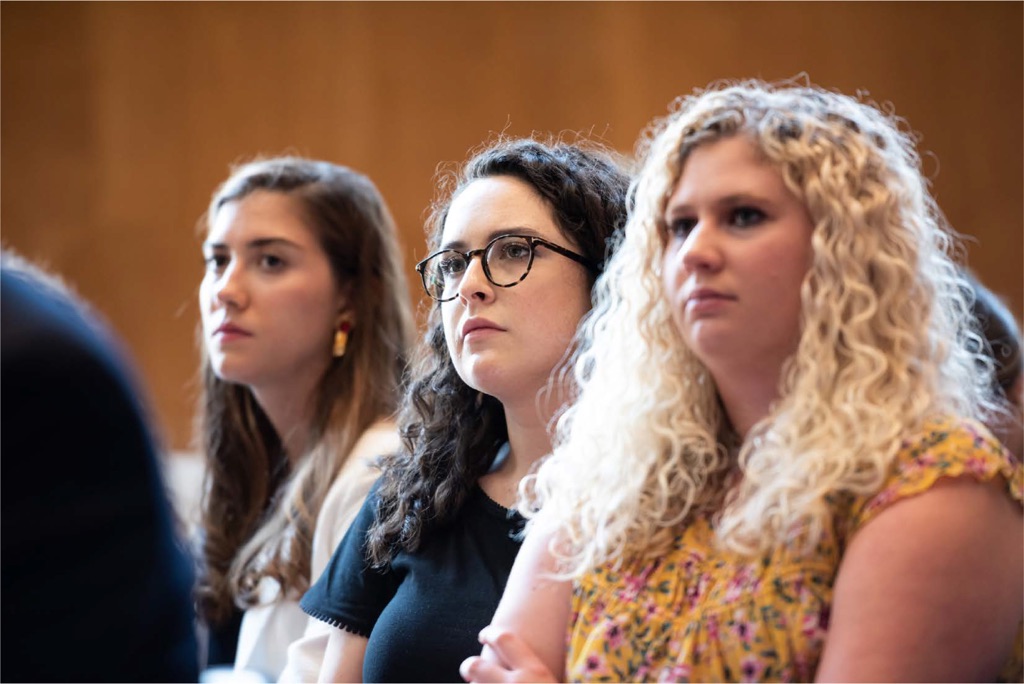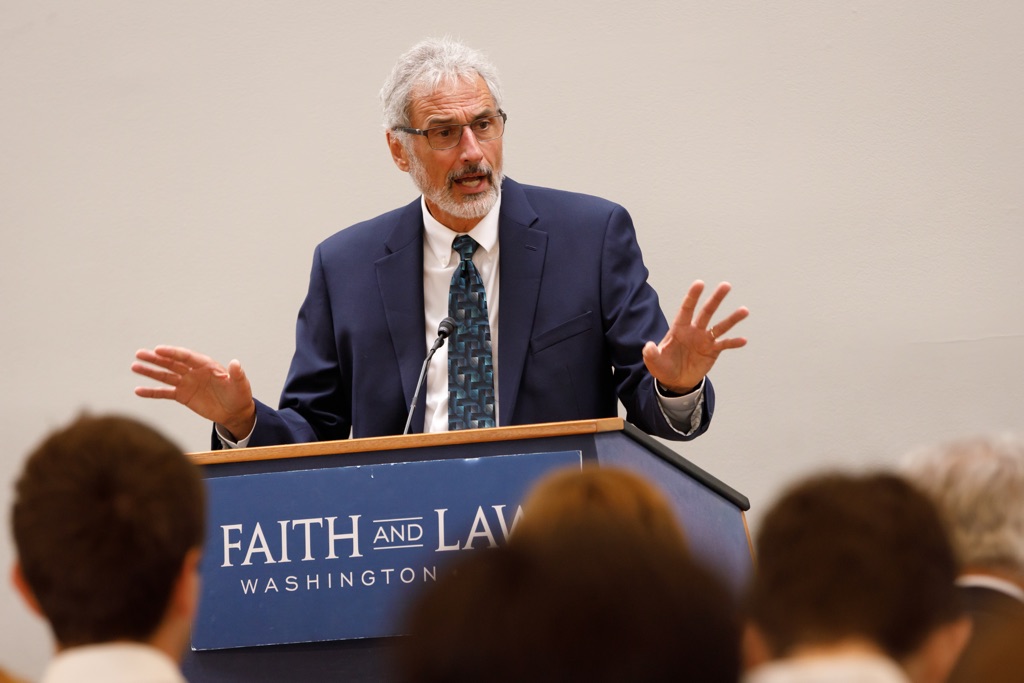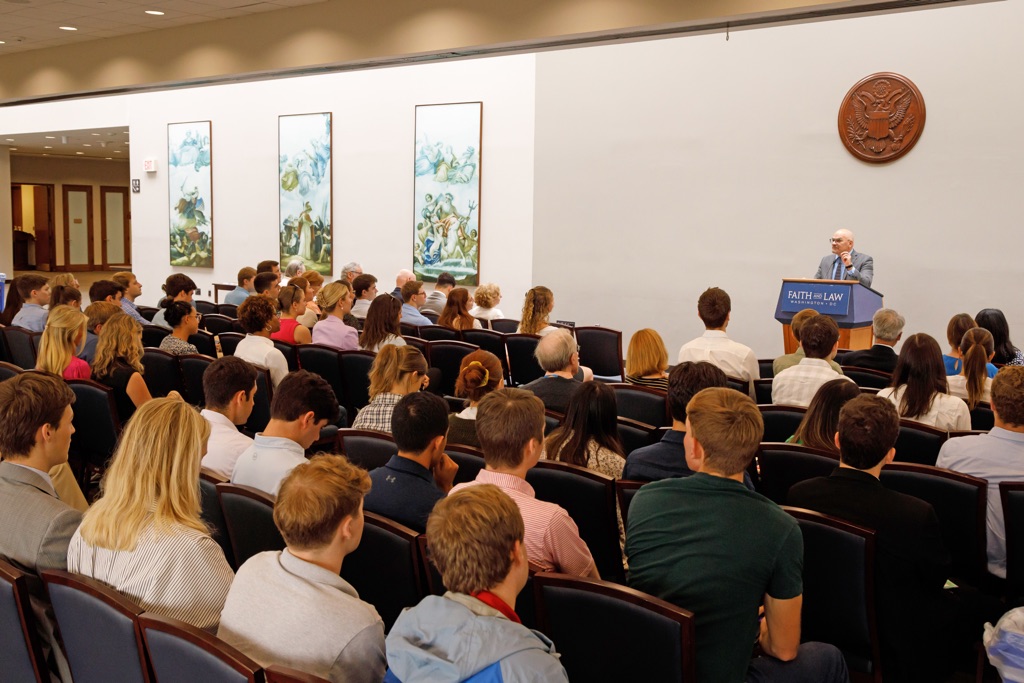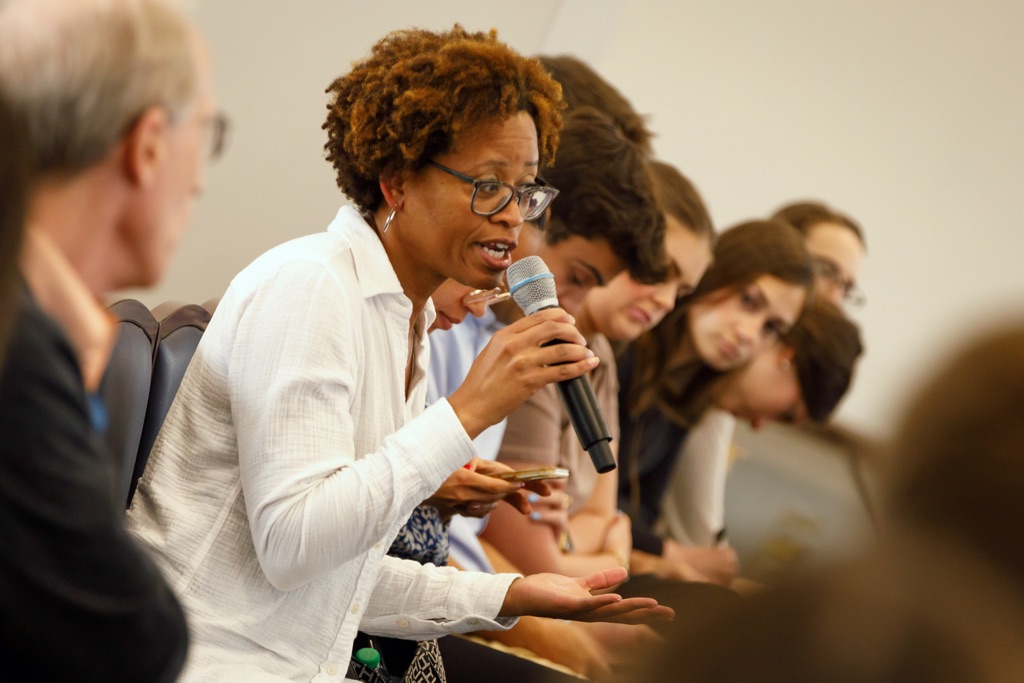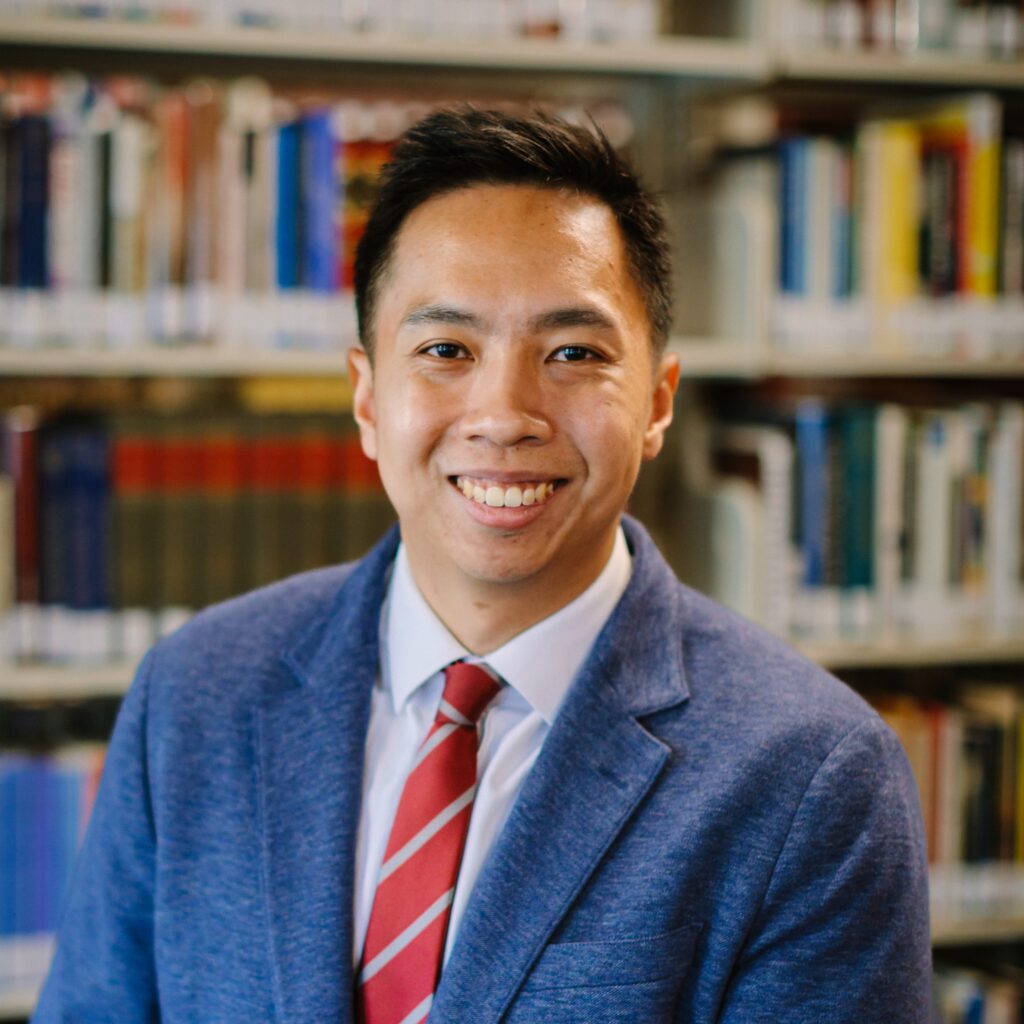Religious Freedom: Wellspring of American Civil Liberties
The inaugural lecture in Faith and Law’s new series titled “Founding Freedoms” focused on religious freedom as the nation’s “first freedom,” laying the foundation for all the other freedoms we enjoy.
In “Religious Liberty, the Source of All Freedoms: A 250-Year Perspective,” Marc Wheat, General Counsel for Advancing American Freedom and Faith and Law board member, described how a patchwork of religious communities played a providential role in establishing religious freedom in colonial America. “Dissenting Pilgrims, Jamestown Anglicans, German and Swedish Lutherans, Pennsylvania Quakers, Swiss Amish…every community played a role,” he said.
By the 18th century, liberty of conscience was not just one right among many, it was the foundation of all rights. “If the government cannot reach into the interior sanctuary of belief, it cannot rightly compel speech, press or assembly.”
Although a number of colonies had moved to secure the rights of minority religions, many were skeptical that the new federal government would protect religious freedom. At the time of its 1788 ratification, the Constitution had no Bill of Rights. That would have to wait for the first Congress.
In a story with particular appeal to legislative staff, Wheat recounted the political machinations of James Madison, Patrick Henry and James Monroe – including gerrymandering a congressional district in Virginia – in the hard-fought battle to add religious freedom to the newly ratified Constitution.
“Madison eventually prevailed over Monroe and, true to his word, on June 7, 1789, he submitted the first version of what became the first amendment to the Bill of Rights.”
Congress shall make no law respecting an establishment of religion, or prohibiting the free exercise thereof.
“Thus, from Jamestown’s chartered rights to Plymouth’s covenant to Rhode Island’s radical toleration to Pennsylvania’s ‘holy experiment,’ the American tradition of freedom was forged.”
“Forty years later, a visitor to America from France, Alexis de Tocqueville, observed that religious liberty was the wellspring of every other civil liberty in America because when conscience is free the human spirit cannot be enslaved.”
Thank you, Marc, for reconnecting us to the storied history of religious freedom in America. As we look forward to celebrating our nation’s 250th anniversary, may we be even more grateful for the rights of conscience shared by all Americans.
Faith and Law is a non-profit ministry started by policy makers and for policy makers.
